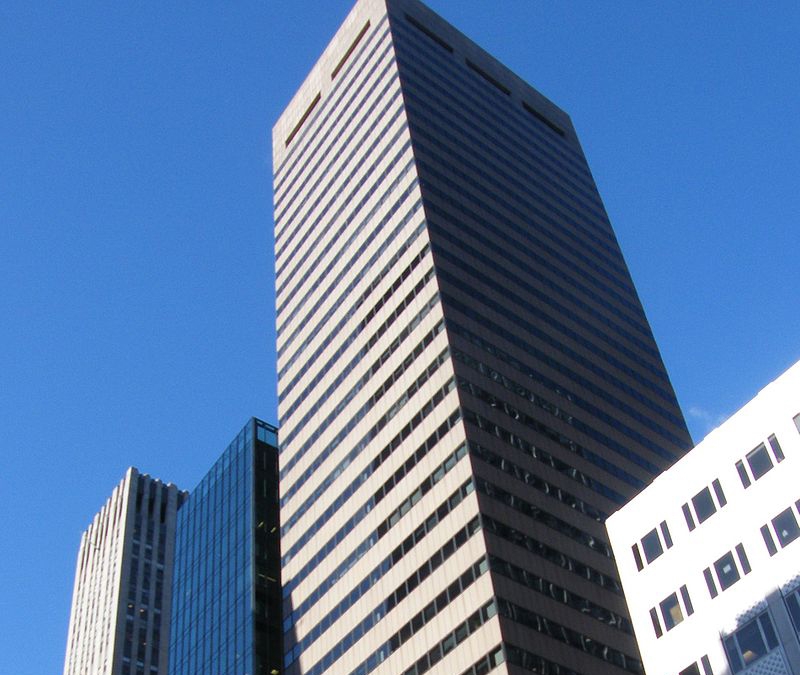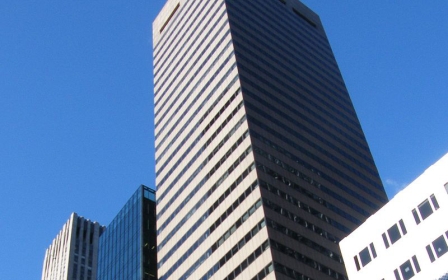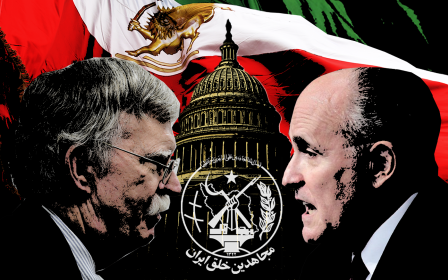US court overturns verdict allowing seizure of Iran-linked $1bn New York skyscraper

A jury verdict allowing the US government to seize a midtown Manhattan office tower that it said was effectively controlled by Iran was thrown out on Friday by a federal appeals court, which cited several errors by the trial judge.
The 3-0 decision by the 2nd US Circuit Court of Appeals in Manhattan is a defeat for the Department of Justice, which went to trial hoping to sell the 36-storey building at 650 Fifth Avenue, perhaps for close to $1bn, and distribute proceeds to victims of bombings and other attacks linked to Iran.
Jurors had found in June 2017 that the non-profit Alavi Foundation, which had a 60 percent stake in the partnership that owned the building, violated US sanctions imposed against Iran in 1995 because it knew that the 40 percent owner, Assa Corp, was a front for an Iranian state-owned lender, Bank Melli.
But in Friday's decision, Circuit Judge Richard Wesley faulted trial judge Katherine Forrest, who is now in private practice, for "a troubling pattern of errors on relatively straightforward issues," the Reuters news agency reported.
Wesley said these included admitting videotapes of former Alavi board members repeatedly invoking their constitutional right against self-incrimination, and refusing to let Alavi gather evidence to show the government sued too late.
"If this case returns to trial, a properly informed jury may or may not find for the government - a topic on which we have no opinion," Wesley wrote.
"But getting to any outcome requires a fair and procedurally adequate process, something that has been lacking in this case. There are no shortcuts in the rule of law."
'We are obviously pleased'
Separately, the same appeals court panel set aside Forrest's 155-page opinion, which followed a non-jury trial, in favour of victims of alleged terrorist attacks linked to Iran, who sought damages from Alavi and the partnership, 650 Fifth Avenue Co.
The court said victims could pursue some claims in a retrial, but not others because the partnership was not a "foreign state," as Forrest had wrongly concluded.
A spokesman for US Attorney Geoffrey Berman in Manhattan, whose office represented the government, declined to comment to Reuters.
"We are obviously pleased," Alavi's lawyers Daniel Ruzumna and John Gleeson said in a joint statement. "All we have ever wanted and asked for is a fair shake."
A lawyer for attack victims did not immediately respond to requests for comment.
Mohammad Reza Pahlavi, then the Shah of Iran, founded Alavi in 1973 as the Pahlavi Foundation.
Its mission, according to the organisation, includes the promotion of Persian culture, including Islamic studies, in the United States.
Middle East Eye delivers independent and unrivalled coverage and analysis of the Middle East, North Africa and beyond. To learn more about republishing this content and the associated fees, please fill out this form. More about MEE can be found here.




